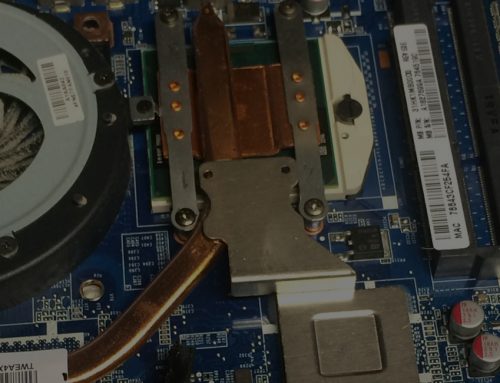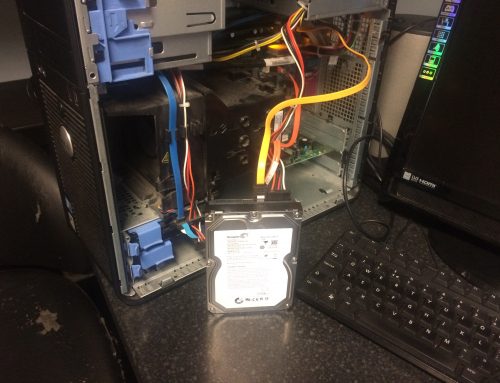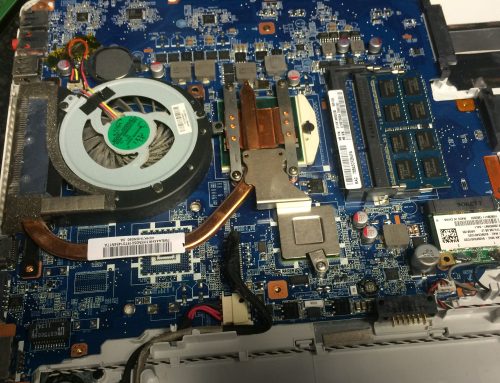PC Workshop are starting to see a far nastier virus that’s holding people’s data to ransom hence the name “ransomware” once you’re infected you virtually cannot escape their grasp unless you have a good back up policy in place!
Ransomware is a type of malware that tries to extort money from you. One of the nastiest examples, CryptoLocker, takes your files hostage and holds them for ransom, forcing you to pay hundreds of dollars to regain access.
Most malware is no longer created by bored teenagers looking to cause some chaos. Much of the current malware is now produced by organized crime for profit and is becoming increasingly sophisticated.
How Ransomware Works
Not all ransomware is identical. The key thing that makes a piece of malware “ransomware” is that it attempts to extort a direct payment from you.
Some ransomware may be disguised. It may function as “scareware,” displaying a pop-up that says something like “Your computer is infected, purchase this product to fix the infection” or “Your computer has been used to download illegal files, pay a fine to continue using your computer.”
In other situations, ransomware may be more up-front. It may hook deep into your system, displaying a message saying that it will only go away when you pay money to the ransomware’s creators. This type of malware could be bypassed via malware removal tools or just by reinstalling Windows.
Unfortunately, Ransomware is becoming more and more sophisticated. One of the latest examples, CryptoLocker, starts encrypting your personal files as soon as it gains access to your system, preventing access to the files without knowing the encryption key. CryptoLocker then displays a message informing you that your files have been locked with encryption and that you have just a few days to pay up. If you pay them $300, they’ll hand you the encryption key and you can recover your files. CryptoLocker helpfully walks you through choosing a payment method and, after paying, the criminals seem to actually give you a key that you can use to restore your files.
You can never be sure that the criminals will keep their end of the deal, of course. It’s not a good idea to pay up when you’re extorted by criminals. On the other hand, businesses that lose their only copy of business-critical data may be tempted to take the risk — and it’s hard to blame them.
This type of malware is another good example of why backups are essential. You should regularly back up files to an external hard drive or a remote file storage server. If all your copies of your files are on your computer, malware that infects your computer could encrypt them all and restrict access — or even delete them entirely.





